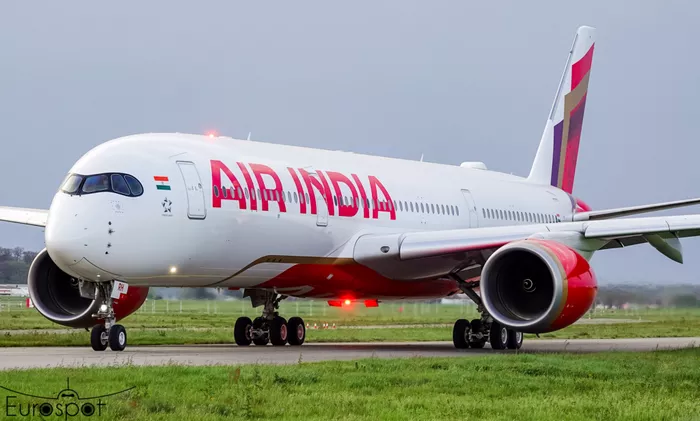A Boeing 787 Dreamliner operated by Air India crashed shortly after takeoff on Thursday, killing 241 of the 242 people on board. The flight, bound for London Gatwick from Ahmedabad in northwestern India, went down in a densely populated area, hitting a medical college hostel and triggering ongoing rescue efforts. Authorities warn the death toll may rise.
The tragedy marks the first fatal crash involving the 787 Dreamliner, a model previously known for its strong safety record. The incident intensifies global scrutiny of both Boeing and Air India, two companies that have spent years attempting to recover from reputational and operational crises.
Boeing Faces Renewed Safety Crisis
The cause of the crash is not yet known. However, it adds to a troubling pattern for Boeing, which has faced mounting safety concerns since two deadly 737 MAX crashes in 2018 and 2019, and more recently, a mid-air door panel failure on an Alaska Airlines flight in January 2024.
“Even the word ‘Boeing’ triggers a lot of people,” said Adnan Bashir, a global communications expert specializing in crisis management. “Its name has become synonymous with fear among flyers.”
Boeing’s safety practices have been under intense scrutiny for years. The company has faced whistleblower allegations, including those by John Barnett and Sam Salehpour, both of whom claimed Boeing compromised on safety and retaliated against internal critics. Barnett, who raised concerns about 787 oxygen systems and alleged substandard part installations, was found dead in 2024 under suspicious circumstances.
Despite production issues during its early years, the Dreamliner had maintained an unblemished safety record until now. “This is the first fatal crash of the 787,” said aviation analyst Scott Hamilton. “That makes this event highly significant.”
Boeing, now led by returning CEO Kelly Ortberg, is under increasing legal and regulatory pressure. Just weeks ago, the U.S. Department of Justice reached a $1.1 billion settlement with the company to avoid prosecution over past incidents. The deal included safety investments and compensation for victims’ families.
In the wake of Thursday’s crash, Boeing’s stock dropped nearly 5%. The company issued a brief statement: “We are in contact with Air India regarding Flight 171 and stand ready to support them … Our thoughts are with the passengers, crew, first responders and all affected.” Boeing declined further comment.
Air India’s Rebranding Campaign Shaken
For Air India, the crash marks a severe blow to its rebranding efforts under Tata Group, which acquired the airline in 2022. The carrier has been working to modernize operations, improve safety, and regain public trust after years of financial hardship and service issues.
Air India has 47 Dreamliners and, in 2023, placed a massive order for 220 Boeing aircraft, including 20 Dreamliners, 10 777x models, and 190 of the controversial 737 MAX jets.
N Chandrasekaran, chairperson of Tata Sons, said the airline’s priority is now supporting victims and families. “We are doing everything in our power to assist emergency response teams at the site and to provide all necessary care,” he said.
“This is a difficult day for all of us at Air India,” added CEO Craig Wilson in a video message. “Our efforts now are focused entirely on the needs of our passengers, crew members, their families, and loved ones.”
This isn’t the first time Air India has faced tragedy. In 2020, an Air India Express flight overshot the runway in Kozhikode, killing 20 people. A similar crash in 2010 in Mangalore claimed 156 lives.
Aviation Safety Remains High Despite Tragedy
Despite the high-profile nature of the crash, experts emphasize that air travel remains exceptionally safe. According to a 2024 study by MIT, the likelihood of dying in a commercial airline accident is just one in 13.7 million passengers.
Still, the Dreamliner disaster is expected to prompt new investigations and lawsuits, particularly if Boeing is found liable. Crisis communication strategist Amanda Orr warned that the company is likely staying silent for now to avoid legal complications. “Anything they say in public right now could be used as evidence,” she said.
As investigations proceed, both Boeing and Air India face critical tests of transparency, accountability, and public trust—tests that will likely define their reputations for years to come.


